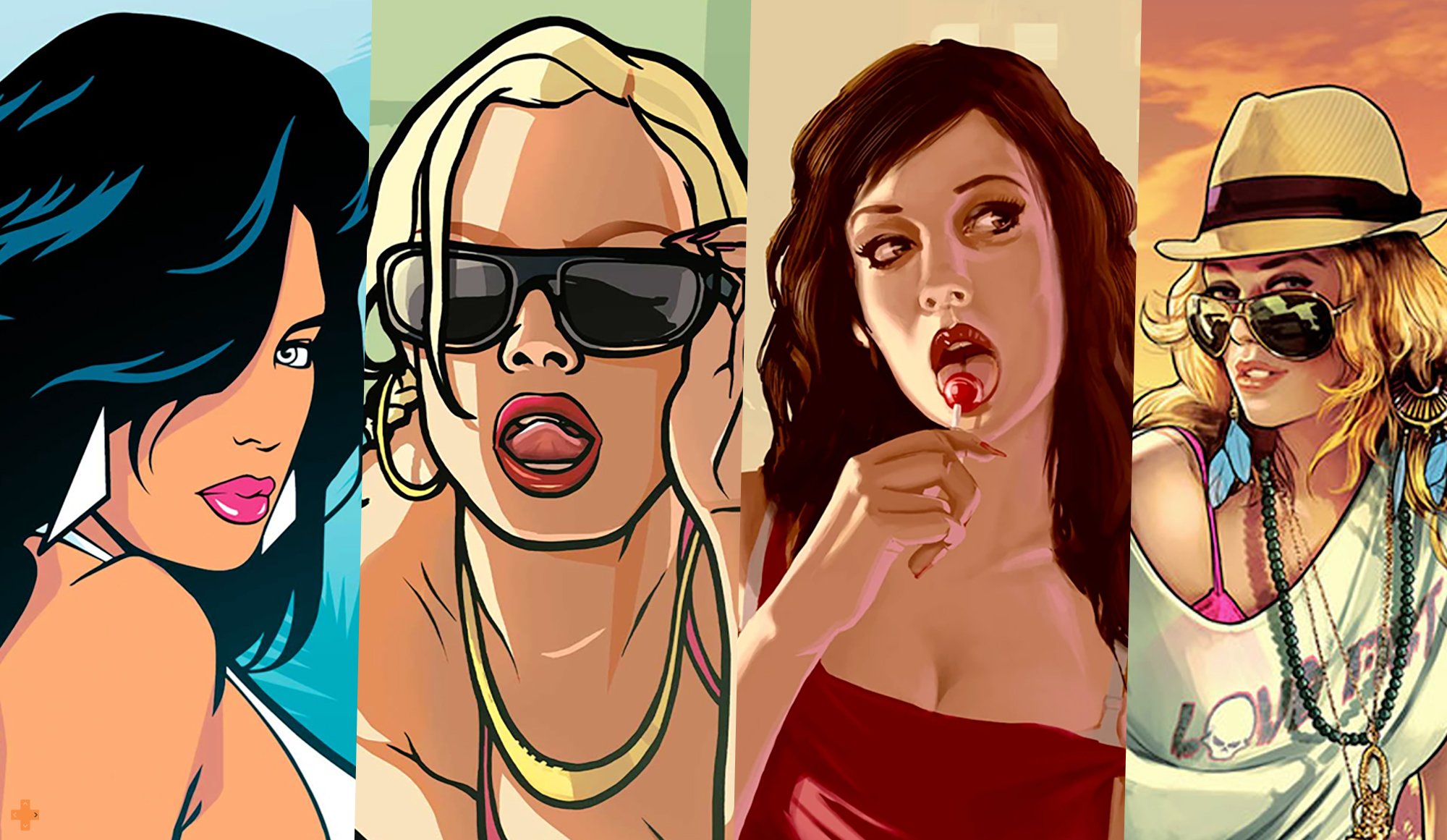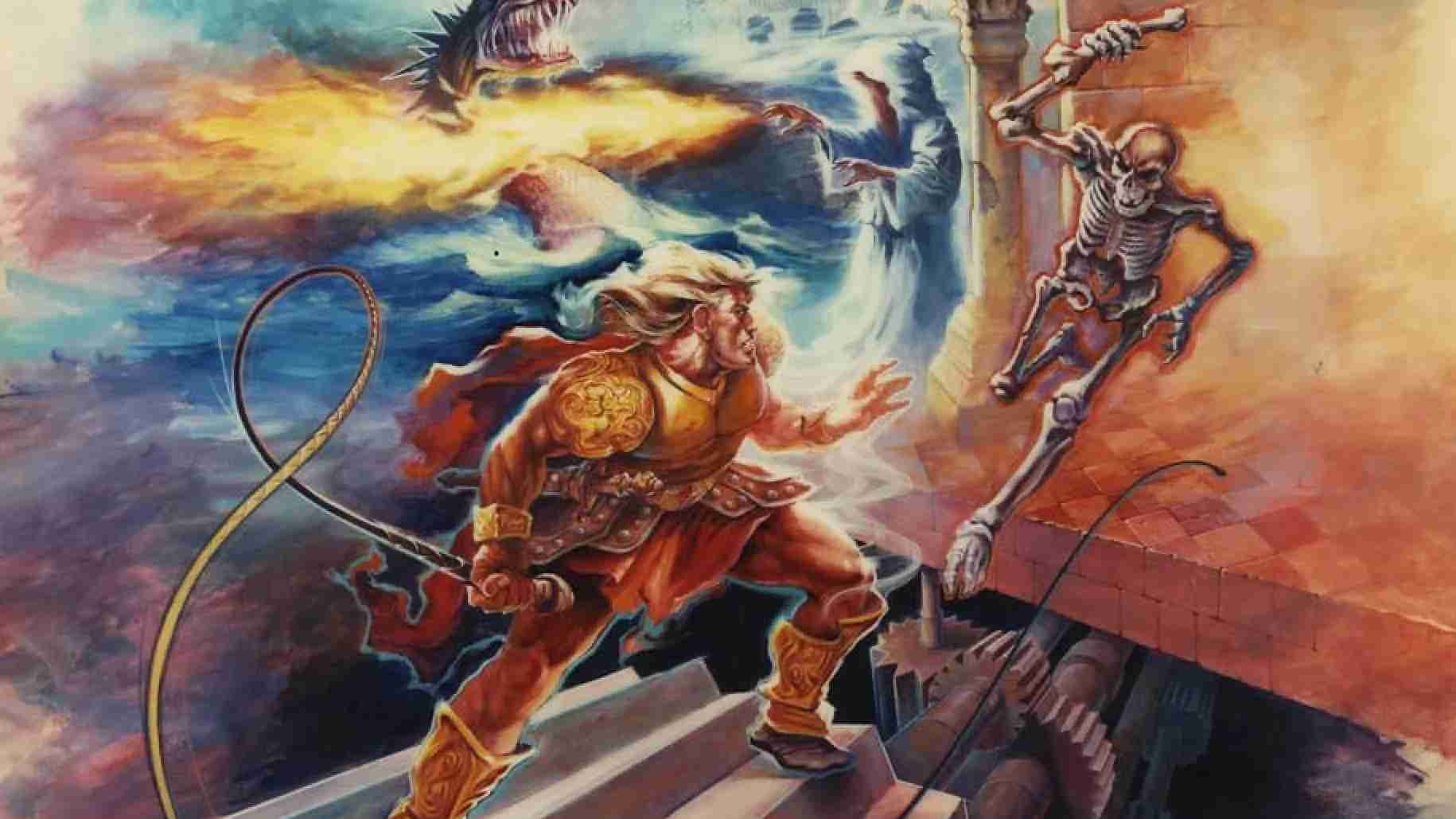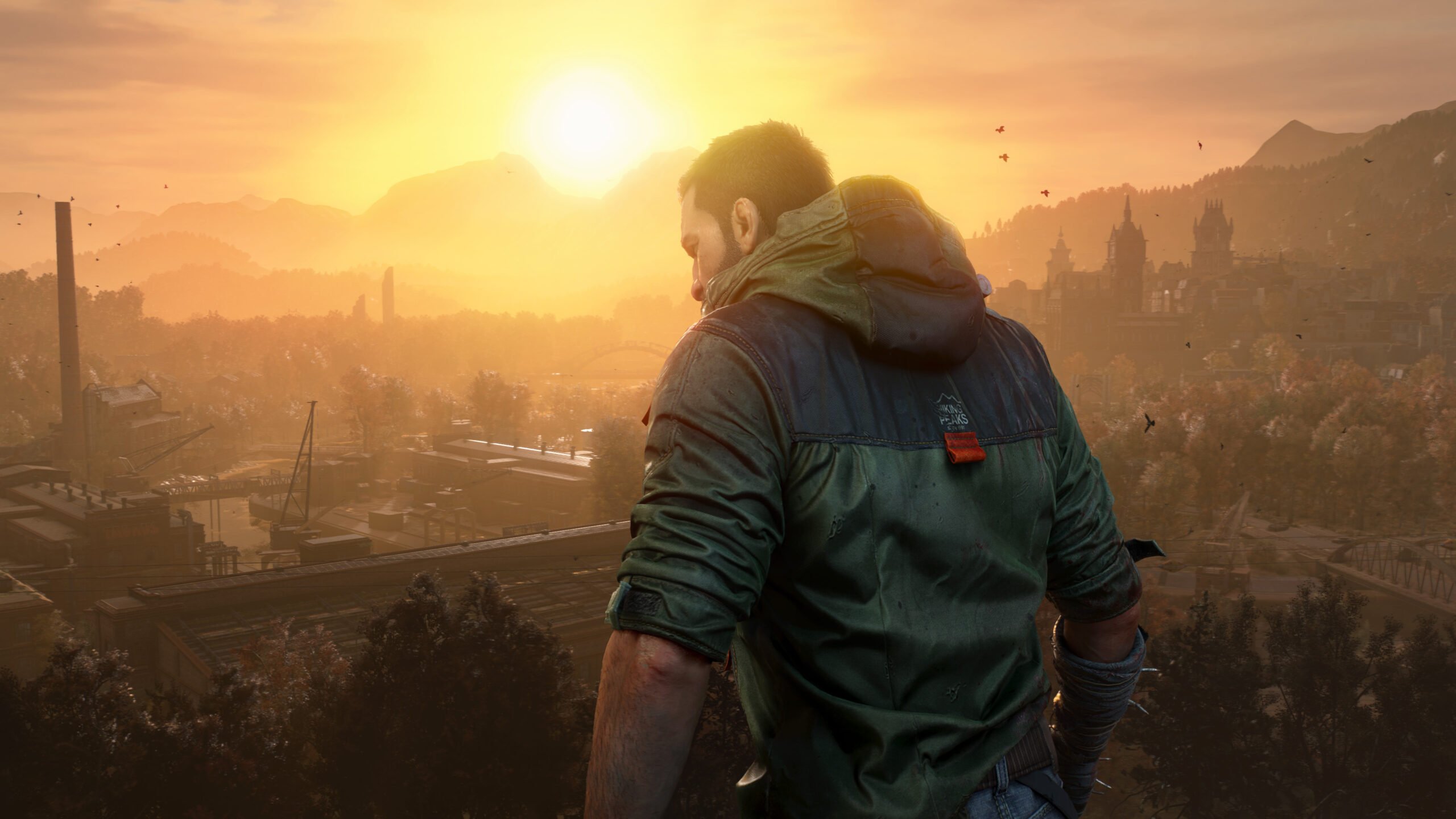Legal disputes in the world of video games are numerous and one of them is particularly surprising because it can seem quite absurd at first glance.
A logo can make all the difference, and in the world of video games as elsewhere, we know how important a simple drawing or font can be. A logo represents a brand, an idea, sometimes even an entire concept. Take-Two, which owns Rockstar, is well aware of this, and the publisher of the future GTA 6 appears to be taking legal action against a development studio it accuses of copying a logo it owns. Here are the explanations.
Take Two: The Rockstar logo is the crux of the problem
As the website respawnfirst reports, Remedy Entertainment is facing Take Two Interactive over a controversial logo design. Take Two argues that Remedy’s logo bears a worrying resemblance to Rockstar Games’ iconic R. Just that. If one could think that the case occurs immediately after the very great success of Alan Wake 2, we nevertheless point out that this legal problem probably dates back to May 2023, that is, many months before the release of the horror game Finnish studio .
According to information from the United Kingdom, the brand is still controversial as of September 2023. The grounds for opposition are based on Article 8(1)(b) of the EU Trademark Regulation (EUTMR) and refer to a likelihood of confusion in the public eye.
In fact, this problematic logo is the same one that Remedy Entertainment revealed to the world in April 2023. At that time, Remedy Entertainment introduced the logo with the words: “ The ball in the letter R of the old logo represented the Max Payne era, but today’s Remedy is much more than just a game; We have a complete portfolio of new and old games. » Ironically (or not), Rockstar and Max Payne are closely linked, because although the rights belong to Remedy, the studio behind GTA developed the third episode.

The great importance of a logo
This situation is not new for Take Two. They have already demonstrated their rigor in protecting intellectual property. For example, last year they waged a legal battle against Hazelight Studios over the name of their famous game It Takes Two.
To move a little away from the world of video games, but in the same spirit, let us remember, for example, the Lacoste affair against Crocodile International, a company based in Singapore. Both companies use a crocodile logo and Lacoste has filed several lawsuits to protect its trademark. Another test case: In 2009, Apple challenged a new logo for Australian supermarket chain Woolworths, arguing that the logo, which resembled a stylized apple peel, was too similar to its own logo.









